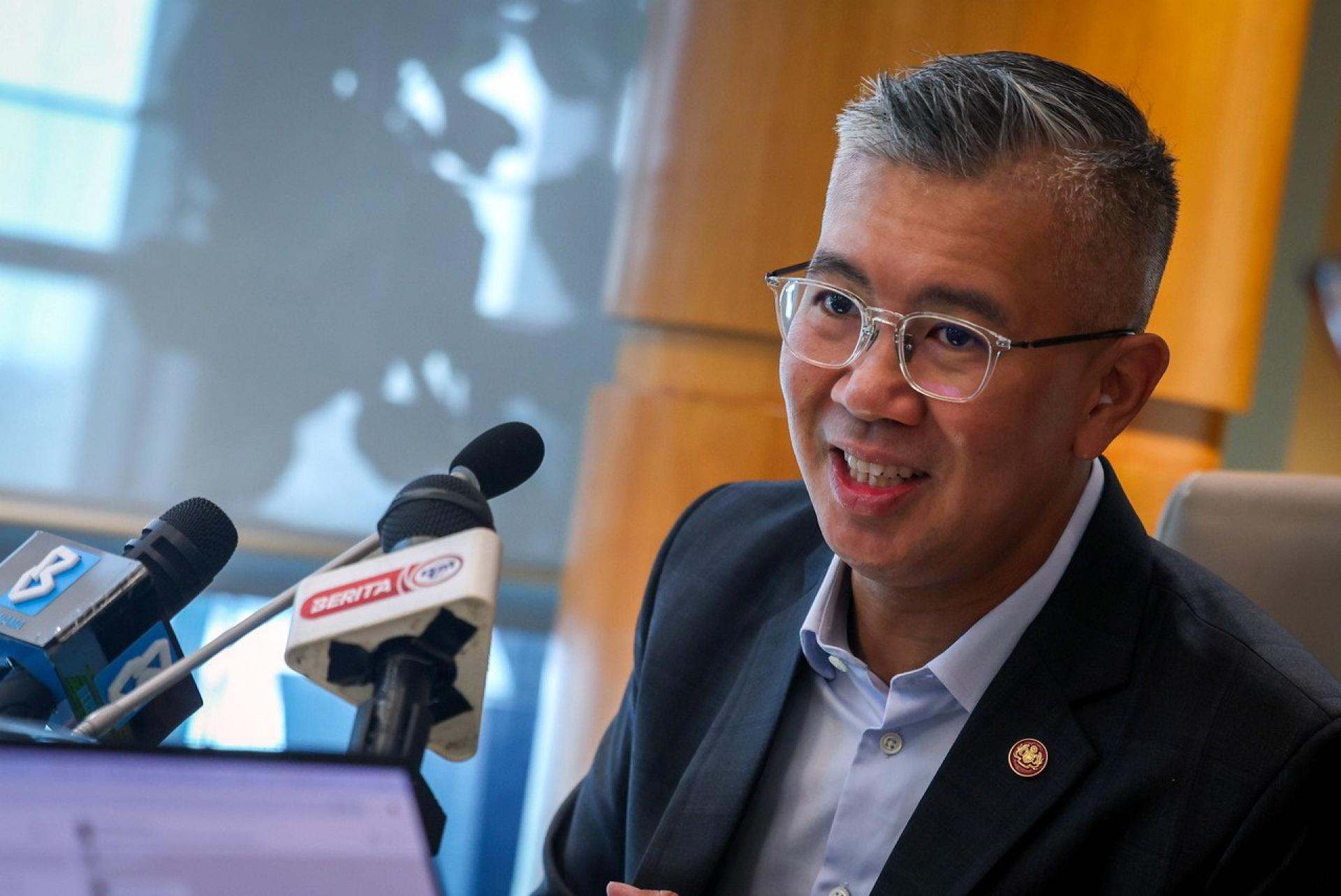Malaysia welcomes foreign companies to cooperate with local enterprises and establish joint ventures to develop the country's rare earth mineral resources.
Minister of Investment, Trade and Industry Tengku Zafrul said Malaysia has about 1.6 million tons of rare earth element reserves, giving the country a certain competitive advantage in this field.
"We want to invite all companies to invest in Malaysia and hope that more Malaysians can participate, not only in the supply chain but also in sharing the economic benefits, that is, to hold equity and shares in these joint ventures."
He said this to the media today during a joint interview themed "How ASEAN Economic Prosperity Supports Regional Political Stability."
He said, although the Ministry has not yet received any proposals to set up a new rare earth processing plant, Malaysia’s goal is to participate in midstream processing activities rather than merely exporting raw materials with very low economic value.
Since January 1, 2024, Malaysia has implemented a nationwide ban, prohibiting the export of unprocessed rare earth raw materials, to encourage enterprises to develop local processing and downstream industries, thereby increasing added value, creating job opportunities, and driving technology transfer.
Zafrul said the policy of banning the export of raw materials essentially compels companies from all countries to invest in building factories in Malaysia.
He said the Malaysian government, especially the Ministry of Investment, Trade and Industry, which is responsible for the downstream sector, does not set any restrictions on enterprises from any country and welcomes all parties to develop the relevant industry.
He also said that Malaysia hopes to create quality jobs, open up new opportunities along the supply chain, and bring revenue to the government through taxes by inviting foreign companies to set up rare earth processing plants.
He revealed that Khazanah Nasional is in discussions with Chinese companies to explore cooperation opportunities in the downstream rare earth industry.
"For example, Lynas is already operating in Malaysia, and it is a fully private company. We do not stop them from exporting to their chosen markets.
"They have also exported to Korea, Japan, and the United States. We welcome all companies, as Malaysia has always remained neutral."
When asked about differences among ASEAN countries regarding rare earth policies and whether there is a regional collective strategy, Zafrul said ASEAN's longstanding principle is that issues concerning national and economic security are generally resolved through bilateral negotiations.
"I think the policies of most of our countries are similar, all seeking to protect their own interests. We also hope neighboring countries will share their challenges with us. This is what we are doing, especially regarding the Priority Economic Deliverables (PEDs) under economic pillars.
"If there are any, we will share technology, including trade and supply chain concepts, especially when it comes to supply chain security."
